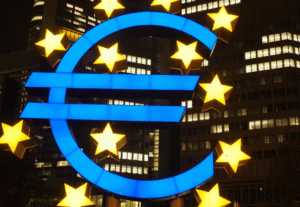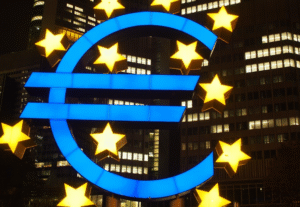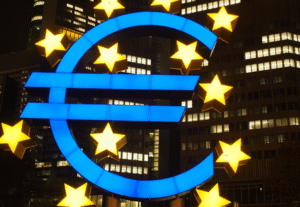#FrenchGovernment #AusterityBudget #EuroZone #FiscalCrisis #France2025 #EconomicPolicy #GovernmentFinance #BudgetReform #PoliticalStruggle #EuropeanEconomy
France is at a pivotal moment as its new government, still finding its footing, gears up to present its 2025 budget this Thursday. With the nation standing as the euro zone’s second-largest economy, the stakes are high. Yet, the government faces an uphill battle, not just economically, but politically, as it navigates a quagmire of fiscal challenges and widespread scrutiny. This budget, tagged with austerity measures, has become a focal point for both domestic and international observers, signaling a crucial test of the administration’s resolve and its ability to steer the country through turbulent economic waters.
The backdrop to this budget is a complex tapestry of fiscal instability that has gripped not just France but has sent ripples across the euro zone. The term ‘austerity’ carries weighty implications – suggesting cuts in public spending and efforts to reduce the national deficit. Such measures are often controversial, eliciting strong responses from the public and political opposition alike. For France’s government, the challenge lies not only in crafting a budget that addresses the fiscal crisis but also in selling it to a populace weary of economic hardships and to skeptical opposition parties ready to capitalize on any perceived misstep.
Amidst this scenario, the government’s maneuvering space appears constrained. Both the left and the right have been quick to seize on the government’s perceived vulnerabilities, often framing the austerity measures as an attack on the welfare state and public services. The debate transcends mere budgetary lines, touching upon deeper questions about the role of the state, the future of the French social model, and the vision for France within the wider European context. As such, the budget presentation is set to be more than a financial statement; it’s a battleground for competing ideologies and visions for France’s future.
Observers are keenly watching how this situation unfolds, given its potential implications not just for France but for the euro zone at large. A successfully navigated fiscal crisis could bolster confidence in the euro and in the capacity of EU nations to tackle large-scale economic challenges. Conversely, failure or significant public backlash could exacerbate existing tensions within the union, potentially unsettling financial markets and undermining European solidarity. As the French government prepares to unveil its austerity budget, the outcome will doubtlessly reverberate beyond its borders, underscoring the interconnected nature of modern economic and political challenges.







Comments are closed.